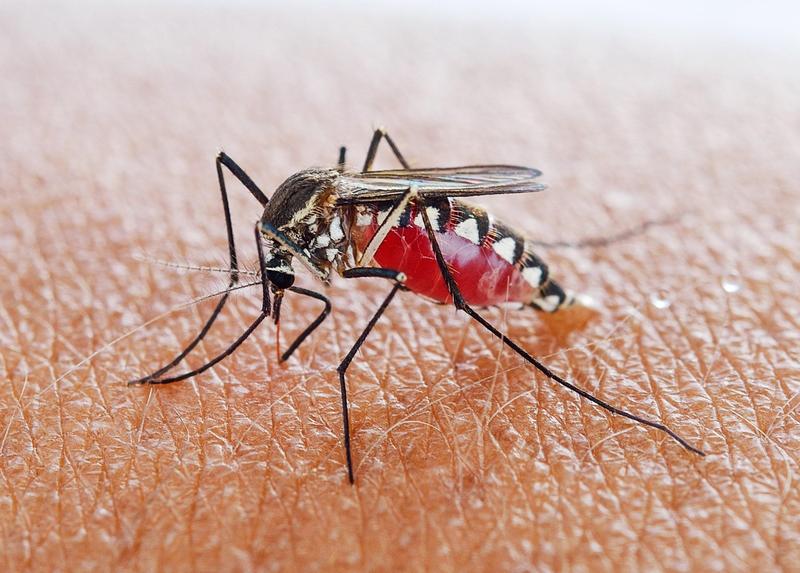
Selecting Treatment for a Patient With Inadequately Controlled Generalized Myasthenia Gravis
Myasthenia gravis (MG) is an rare autoimmune disease that interferes with communication at the neuromuscular junction, causing muscle weakness that worsens with activity. It can appear as ocular MG, limited to the eye muscles, or generalized MG (gMG), which affects multiple muscle groups. Most patients with gMG (about 80%) have antibodies against the acetylcholine receptor (AChR), while others may carry antibodies against MuSK or LRP4. Symptoms can disrupt daily life and, in severe cases, become life-threatening.
For decades, treatment has relied on acetylcholinesterase inhibitors, corticosteroids, and immunosuppressive drugs. These options are often limited by side effects, and up to half of patients may not achieve adequate control of symptoms. Corticosteroids, in particular, are linked with significant long-term safety concerns.
Recently, targeted biologic therapies have been approved, including complement inhibitors and neonatal Fc receptor (FcRn) blockers. These newer treatments have shown strong benefits for symptom control with better tolerability. This activity will review the role of FcRn inhibitors in gMG—highlighting evidence of their effectiveness, how to select appropriate patients, and ways to personalize care.
For decades, treatment has relied on acetylcholinesterase inhibitors, corticosteroids, and immunosuppressive drugs. These options are often limited by side effects, and up to half of patients may not achieve adequate control of symptoms. Corticosteroids, in particular, are linked with significant long-term safety concerns.
Recently, targeted biologic therapies have been approved, including complement inhibitors and neonatal Fc receptor (FcRn) blockers. These newer treatments have shown strong benefits for symptom control with better tolerability. This activity will review the role of FcRn inhibitors in gMG—highlighting evidence of their effectiveness, how to select appropriate patients, and ways to personalize care.









